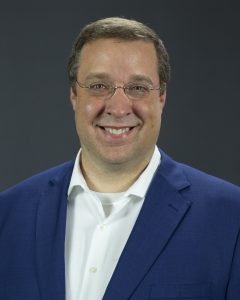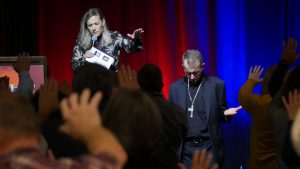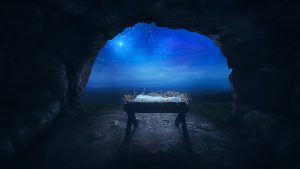
woman praying on holy bible in the morning.
Question
Why don’t Catholics read the Bible more?
Answer
Because this is a common observation made both by Catholics and other Christians, it’s definitely worth addressing as a topic for this column. It reminds me of an email discussion I had with someone who’d recently returned to the faith after some time away from the Church. In her time away, this Catholic developed a deep love for the Sacred Scriptures, and when she returned to the Church her impression was that the Bible isn’t studied much by Catholics. So, why don’t Catholics read the Bible more?

First, it might be true that some Catholics—perhaps even many Catholics—do not make Bible study a part of their daily or weekly prayer. Despite that, however, it is also true that the Church strongly encourages us to drink deeply from the spiritual wellsprings of the Sacred Scriptures. This call has been made very strongly by our popes for over a hundred years. Pope Francis has encouraged us to read Scripture, as did Pope Benedict, Pope St. John Paul II, Pope St. Paul VI and the Second Vatican Council. Even prior to that, however, we find similar exhortations to read the Scriptures going back to Pope Leo XIII in the late 19th century.
Going back much further in history, we find this startling quote from the great Bible scholar St. Jerome in the fourth century: “Ignorance of the Scriptures is ignorance of Christ.” This statement, which is quoted throughout the documents of the popes mentioned above, emphasizes the reality that those who seek to follow Jesus Christ can do so only insofar as they familiarize themselves with the riches of the Bible.
There is another point which must be made in this context, however. Despite the fact that many Catholics may not be involved in formal Bible studies in their parishes, they are nonetheless nourished by readings from the Bible in the public prayer of the Church, most particularly the Holy Mass. Every Sunday Mass has four readings from the Bible: one from one of the Gospels, one from a Psalm, and two from other biblical books or letters. These readings are arranged according to a three-year cycle, so that over the course of three years a large part of the Bible is proclaimed at Sunday Mass.
In addition to this, there is a two-year cycle for the daily Mass readings from Scripture (which have one less reading than Sundays), so those who either attend daily Mass or read the bible readings which are proclaimed at daily Mass on their own will read the majority of the Bible in two years.
Having said all of that, the question remains a good one. In my experience, many Catholics don’t read the Bible because, frankly, it’s often a confusing book to read!
Fortunately, today we have at our disposal a great many outstanding resources to help us better understand Scripture and apply it to our own lives. Ascension Press, for example, produces multiple high-quality video studies like Jeff Cavins’ “Great Adventure Bible Timeline,” which gives the “big picture” of the Bible. Edward Sri has written a number of excellent books, including “The Bible Compass.” John Bergsma’s book “Bible Basics for Catholics” is just that: a basic introduction to the Bible for Catholics. The list could go on.
With all of these resources at our disposal, the time is ripe for Catholics everywhere to deepen their study of the written Word of God. As it is written in the Letter to the Hebrews, “the Word of God is living and active” (Heb. 4:12), and as the prophet Isaiah wrote, “the Word of God accomplishes the purpose for which God speaks it” (Is. 55:10-11).
When we study the Bible, we deepen our familiarity not only with God’s plan for us, but also with God Himself. By opening up the Scriptures, we are more able to recognize God’s presence in our lives, and He is more able to change and transform us.
Through our popes, our Lord has been calling us to get to know Him through His word. Let us respond to that invitation, find the right resource to help us on the way, and begin the journey.
 Be sure to check out the additional resources at sfcatholic.org/answer. If you have a question you need an answer to, email rkranz@sfcatholic.org.
Be sure to check out the additional resources at sfcatholic.org/answer. If you have a question you need an answer to, email rkranz@sfcatholic.org.
Chris Burgwald holds a doctorate in theology and is the director of Adult Discipleship and Evangelization for the Diocese of Sioux Falls.


